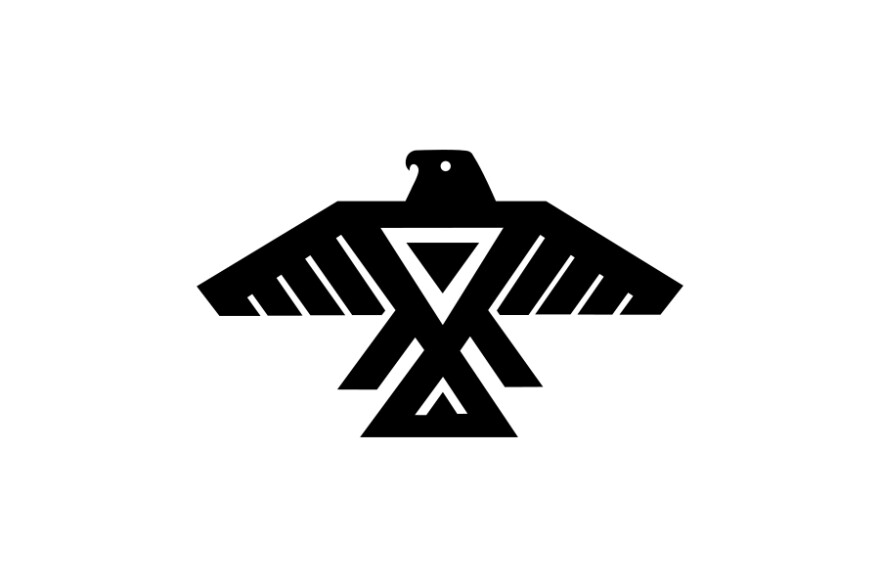The year’s first carpet of white snow greets swaths of the lower peninsula today. It’s been 211 years since President Thomas Jefferson signed a congressional declaration stating that this part of the world would “constitute a separate territory, and be called Michigan.”
It was January 11th, 1805.
But, who was here before the first European set foot on this land?
“Specifically in Michigan were Anishnaabec, which are Odaawa, Ojibwe, and Potawatomi people" says Historian Kevin Finney.
Finney, is the executive director of Jijak Foundation, a nonprofit of the Gun Lake Band of Potawatomi Indians. He says the name Michigan comes from the Ojibwa word mashigaame, which means big lake.
The Anishnaabec people survived near the big lake for thousands of years using sustainable combinations of hunting, trapping, fishing and agriculture. But the very wind that announced the arrival of Europeans devastated their people.
“Disease really from early European contact spread a lot faster than Europeans themselves did.”
Then came fighting and treaties, many of which Finney says were never honored, then massive settling and loss of land. So what was that like for the original people of Michigan?
“Your own people have become an absolute minority, and furthermore they’re strangers in their own landscape. The language which has been spoken in your own homeland forever, isn’t spoken. You’re looked at as this unwanted minority.”
Today Michigan’s population, according to the U.S. Census of 2010, is less than 1%. And the Grand River Band of Ottawa Indians, West Michigan’s original people group, isn’t even recognized by the US Bureau of Indian Affairs.
Native Michigander George Torre, wrote a poem called Indian Names. Here are four lines.
It matters not his name or rank,
Or whence thy baptism came.
While thy swift waters leave their bank,
Shall live thine Indian name!



